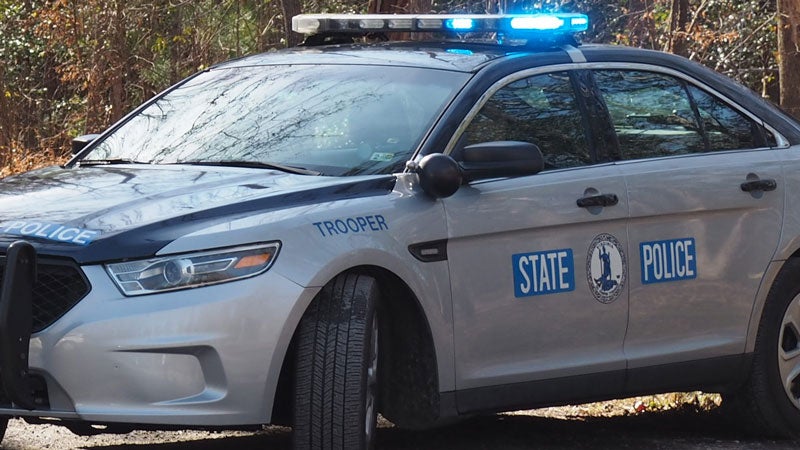Board of Education approves SOL flexibility
Published 4:03 pm Tuesday, November 24, 2020
Elementary and middle school students may take local assessments this spring instead of Standards of Learning tests in history, social science and English writing per waivers and emergency guidance Virginia Superintendent of Public Instruction James Lane and the state Board of Education approved Nov. 19.
The waivers and guidance are designed to reduce the need for in-person testing this year in light of the COVID-19 pandemic.
“The waivers and emergency guidance will simplify the logistics of SOL testing this year and ensure that COVID-19 pandemic does not unduly prevent any student from earning a diploma,” Lane said. “The Board of Education and I are also creating opportunities for school divisions to create multiple pathways for students to demonstrate content mastery while prioritizing health and safety. This includes expanding the use of performance assessment that encourage deeper learning and assess the acquisition by students of the skills and attributes we call the Five C’s: critical thinking, creativity, communication, collaboration and citizenship.”
The waivers become effective following review and approval by state Secretary of Education Atif Qarni.
“These waivers provide relief and agility to students and educators who are managing a lot of personal and professional pressure during this tumultuous time,” Qarni said. “Innovation is necessary to keep Virginia students learning safely this academic year, and we will continue working to create new pathways for student and educator success as they adapt to changing circumstances and forms of instruction depending on the health metrics in their communities.”
During the Board of Education meeting on Nov. 19, Lane noted it is unlikely the U.S. Department of Education will waive federal rules that require annual testing in reading and mathematics in grades 3-8. Federal education law also requires reading and math tests in high school and science testing at least once in elementary, middle and high school. The state, however, has flexibility in the administration of SOL tests in history, social science and English writing, which are not federally mandated.
Citing his authority under Gov. Ralph Northam’s Executive Order No. 51, Lane issued an emergency waiver allowing school divisions this year to replace the Virginia Studies, Civics and Economics, and eighth grade Writing SOL tests with local assessments, provided they follow the emergency guidance approved by the Board of Education and report student performance data to the state. The SOL tests will continue to be available for school divisions that choose to administer them.
In addition, school divisions will have greater flexibility in awarding verified credits — reducing the need for students to return to school buildings to retake end-of-course SOL assessments. Specifically, the guidance states school divisions may award a verified credit for a course taken in fall 2020 if the student achieves a score of at least 350 on the test and meets local criteria for course achievement.
“The emergency guidance approved today is in keeping with the commitment the Board of Education made during the beginning of the pandemic in March to do everything possible to mitigate the impact of COVID-19 on students and schools,” Board of Education President Daniel Gecker said.
Lane also exercised emergency authority granted by the 2020 General Assembly to waive a requirement that high school students attempt to pass an end-of-course SOL test in history before becoming eligible to earn a locally awarded verified credit. The waiver allows school divisions to verify achievement in high school history courses during the 2020-2021 school year with locally-developed performance assessments.
Students in divisions unable to offer local performance assessments in history and social science this year are still required to attempt an SOL end-of-course assessment at least once and achieve a score of at least 350 to become eligible for a locally-awarded verified credit.
Lane also waived a cap on the number of locally awarded verified credits a school division may issue during the course of a year.





